CBS vice president Linda Mason said Cronkite died at 7:42 pm yesterday with his family by his side at his home in New York after a long illness.
America’s "most trusted man in America" is dead.
Walter Cronkite, who personified television journalism for more than a generation as anchor and managing editor of the "CBS Evening News," has died.
CBS vice president Linda Mason said Cronkite died at 7:42 pm yesterday with his family by his side at his home in New York after a long illness. He was 92.
Known for his steady and straightforward delivery, his trim moustache, and his iconic sign-off line - "That’s the way it is" - Cronkite dominated the television news industry during one of the most volatile periods of American history.
He broke the news of the Kennedy assassination, reported extensively on Vietnam and Civil Rights and Watergate, and seemed to be the very embodiment of TV journalism.
At one time, his audience was so large, and his image so credible, that a 1972 poll determined he was "the most trusted man in America" - surpassing even the president, vice president, members of Congress and all other journalists. In a time of turmoil and mistrust, after Vietnam and Watergate, the title was a rare feat - and the label stuck.
"For decades, Walter Cronkite was the most trusted voice in America. His rich baritone reached millions of living rooms every night, and in an industry of icons, Walter set the standard by which all others have been judged," said president Barack Obama in a statement.
Obama said that Cronkite calmly shared the world's news while never losing his integrity.
"But Walter was always more than just an anchor. He was someone we could trust to guide us through the most important issues of the day; a voice of certainty in an uncertain world. He was family. He invited us to believe in him, and he never let us down. This country has lost an icon and a dear friend, and he will be truly missed," Obama added
Cronkite's achievements were remarkable for a man whose beginnings were anything but remarkable.
Walter Leland Cronkite was born in St. Joseph, Missouri on November 4, 1916, the only child of a dentist father and homemaker mother. When he was still young, his family moved to Texas.
One day, he read an article in "Boys Life" magazine about the adventures of reporters working around the world - and young Cronkite was hooked.
He began working on his high school newspaper and yearbook and, in 1933, he entered the University of Texas at Austin to study political science, economics and journalism. He never graduated. He took a part time job at the Houston Post, left college to do what he loved: report.
After working as a general assignment reporter for the Post and a sports caster in Oklahoma City, Cronkite got a job in 1939 working for United Press. He went to Europe to cover World War II as part of the "Writing 69th," a group of reporters who found themselves covering some of the most important developments in the war, including the D-Day invasion, bombing missions over Germany, and later, the Nuremburg war trials.
In 1940, he married Mary Elizabeth Maxwell - known as "Betsy" - and for the next six decades she was the dutiful reporter’s wife, enduring sometimes long separations while he covered the world, and raising three children.
Cronkite once wrote about her: "I attribute the longevity of our marriage to Betsy's extraordinary keen sense of humor, which saw us over many bumps (mostly of my making), and her tolerance, even support, for the uncertain schedule and wanderings of a newsman."
While working for the UP, Cronkite was offered a job at CBS by Edward R Murrow - and he turned it down. He finally accepted a second offer in 1950, and stepped into the new medium of television.
In the early '50s, it was a medium many of the "serious" journalists at CBS and elsewhere viewed with skepticism, if not disdain. Radio and print, they contended, were for real reporters; television was for actors or comedians.
At first, it seemed an unlikely fit. Walter Cronkite, with his serious demeanor and unpretentious style - honed by his years of unvarnished reporting at UP - was named host of "You Are There" in which key moments of history were recreated by actors.
Cronkite was depicted on camera interviewing "Joan of Arc" or "Sigmund Freud." But somehow, he managed to make it believable.
The young director of the series, Sidney Lumet said he picked Cronkite for the job because "the premise of the series was so silly, so outrageous, that we needed somebody with the most American, homespun, warm ease about him."
During his early years at CBS, Cronkite was also named host of "The Morning Show" on CBS, where he was paired with a partner: a puppet named Charlemagne. But he distinguished himself with his coverage of the 1952 and 1956 political conventions and as narrator of the documentary series "Twentieth Century."
In 1961, CBS named him the anchor of the "CBS Evening News" - a 15 minute news summary anchored for several years by Douglas Edwards.
At the time, the broadcast lived in the long shadow cast by NBC’s Huntley-Brinkley Report, the most popular television newscast in the country.
Expectations for the Cronkite newscast were not high. But in 1963, the broadcast was expanded to 30 minutes - and Cronkite won a title for which he had long campaigned, Managing Editor. The added time gave the broadcast more depth and variety, and the title gave Cronkite more influence over the content and coverage.
And it came at a significant time. In September of that year, Cronkite launched the expanded program with an extended interview with president John F. Kennedy. Two months later, it was Cronkite who broke into the soap opera "As The World Turns" to announce that the president had been shot - and later to declare that he had been killed.
It was a defining moment for Cronkite, and for the country. His presence - in shirtsleeves, slowly removing his glasses to check the time and blink back tears - captured both the sense of shock, and the struggle for composure, that would consume America and the world over the next four days.
Cronkite’s audience began to grow - but not quickly enough for network executives who, in 1964, decided to try an anchor team at the conventions - Robert Trout and Roger Mudd - to rival Chet Huntley and David Brinkley at NBC.
Cronkite was not happy about the change, and viewer reaction was swift. Over 11,000 letters poured in protesting the switch. Network executives never tried that again. In 1966, The CBS Evening News began to overtake the Huntley-Brinkley report in the ratings, and in 1967 it took the lead. It remained there until Cronkite’s retirement in 1981.
In retirement, Cronkite kept busy with other projects - a short-lived magazine program on CBS called "Walter Cronkite's Universe," a few documentaries, plus a seat on the CBS board of directors. He spent a considerable amount of time at his summer home in Martha’s Vineyard, sailing the boat he named for his wife, "The Betsy." And he wrote his autobiography, "A Reporter’s Life," published in 1996.
In 2005, Cronkite’s wife Betsy died after a battle with cancer. His two daughters and son survive him.
As Cronkite said on March 6, 1981, concluding his final broadcast as anchorman: "Old anchormen, you see, don't fade away, they just keep coming back for more. And that's the way it is."
![submenu-img]() Viral video: Kind man assists duck family in crossing the road, internet lauds him
Viral video: Kind man assists duck family in crossing the road, internet lauds him![submenu-img]() Can you see the Great Wall of China from space? here's the truth
Can you see the Great Wall of China from space? here's the truth![submenu-img]() Ashutosh Rana breaks silence on his deepfake video supporting a political party: 'I would only be answerable to...'
Ashutosh Rana breaks silence on his deepfake video supporting a political party: 'I would only be answerable to...'![submenu-img]() Meet India's most talented superstar, is actor, dancer, stuntman, singer, lyricist; not Ranbir, Shah Rukh, Aamir, Salman
Meet India's most talented superstar, is actor, dancer, stuntman, singer, lyricist; not Ranbir, Shah Rukh, Aamir, Salman![submenu-img]() This flop film was headlined by star kid, marked south actress's Bollywood debut, made in Rs 120 crore, earned just...
This flop film was headlined by star kid, marked south actress's Bollywood debut, made in Rs 120 crore, earned just...![submenu-img]() DNA Verified: Is CAA an anti-Muslim law? Centre terms news report as 'misleading'
DNA Verified: Is CAA an anti-Muslim law? Centre terms news report as 'misleading'![submenu-img]() DNA Verified: Lok Sabha Elections 2024 to be held on April 19? Know truth behind viral message
DNA Verified: Lok Sabha Elections 2024 to be held on April 19? Know truth behind viral message![submenu-img]() DNA Verified: Modi govt giving students free laptops under 'One Student One Laptop' scheme? Know truth here
DNA Verified: Modi govt giving students free laptops under 'One Student One Laptop' scheme? Know truth here![submenu-img]() DNA Verified: Shah Rukh Khan denies reports of his role in release of India's naval officers from Qatar
DNA Verified: Shah Rukh Khan denies reports of his role in release of India's naval officers from Qatar![submenu-img]() DNA Verified: Is govt providing Rs 1.6 lakh benefit to girls under PM Ladli Laxmi Yojana? Know truth
DNA Verified: Is govt providing Rs 1.6 lakh benefit to girls under PM Ladli Laxmi Yojana? Know truth![submenu-img]() Aamir Khan, Naseeruddin Shah, Sonali Bendre celebrate 25 years of Sarfarosh, attend film's special screening
Aamir Khan, Naseeruddin Shah, Sonali Bendre celebrate 25 years of Sarfarosh, attend film's special screening![submenu-img]() Alia Bhatt wears elegant saree made by 163 people over 1965 hours to Met Gala 2024, fans call her ‘princess Jasmine’
Alia Bhatt wears elegant saree made by 163 people over 1965 hours to Met Gala 2024, fans call her ‘princess Jasmine’![submenu-img]() Jr NTR-Lakshmi Pranathi's 13th wedding anniversary: Here's how strangers became soulmates
Jr NTR-Lakshmi Pranathi's 13th wedding anniversary: Here's how strangers became soulmates![submenu-img]() Streaming This Week: Heeramandi, Shaitaan, Manjummel Boys, latest OTT releases to binge-watch
Streaming This Week: Heeramandi, Shaitaan, Manjummel Boys, latest OTT releases to binge-watch![submenu-img]() Remember Ayesha Kapur? Michelle from Black, here's how actress, nutrition coach, entrepreneur looks after 19 years
Remember Ayesha Kapur? Michelle from Black, here's how actress, nutrition coach, entrepreneur looks after 19 years![submenu-img]() Haryana Political Crisis: Will 3 independent MLAs support withdrawal impact the present Nayab Saini led-BJP government?
Haryana Political Crisis: Will 3 independent MLAs support withdrawal impact the present Nayab Saini led-BJP government?![submenu-img]() DNA Explainer: Why Harvey Weinstein's rape conviction was overturned, will beleaguered Hollywood mogul get out of jail?
DNA Explainer: Why Harvey Weinstein's rape conviction was overturned, will beleaguered Hollywood mogul get out of jail?![submenu-img]() What is inheritance tax?
What is inheritance tax?![submenu-img]() DNA Explainer: What is cloud seeding which is blamed for wreaking havoc in Dubai?
DNA Explainer: What is cloud seeding which is blamed for wreaking havoc in Dubai?![submenu-img]() DNA Explainer: What is Israel's Arrow-3 defence system used to intercept Iran's missile attack?
DNA Explainer: What is Israel's Arrow-3 defence system used to intercept Iran's missile attack?![submenu-img]() Ashutosh Rana breaks silence on his deepfake video supporting a political party: 'I would only be answerable to...'
Ashutosh Rana breaks silence on his deepfake video supporting a political party: 'I would only be answerable to...'![submenu-img]() Meet India's most talented superstar, is actor, dancer, stuntman, singer, lyricist; not Ranbir, Shah Rukh, Aamir, Salman
Meet India's most talented superstar, is actor, dancer, stuntman, singer, lyricist; not Ranbir, Shah Rukh, Aamir, Salman![submenu-img]() This flop film was headlined by star kid, marked south actress's Bollywood debut, made in Rs 120 crore, earned just...
This flop film was headlined by star kid, marked south actress's Bollywood debut, made in Rs 120 crore, earned just...![submenu-img]() India's most successful star kid was superstar at 14, daughter of tawaif, affair with married star broke her, died at...
India's most successful star kid was superstar at 14, daughter of tawaif, affair with married star broke her, died at...![submenu-img]() India's biggest flop actor, worked with superstars, married girl half his age, once left Aamir's film midway due to..
India's biggest flop actor, worked with superstars, married girl half his age, once left Aamir's film midway due to..![submenu-img]() England pace legend James Anderson set to retire from Test cricket after talks with Brendon McCullum
England pace legend James Anderson set to retire from Test cricket after talks with Brendon McCullum![submenu-img]() IPL 2024: Shubman Gill, Sai Sudharsan centuries guide Gujarat Titans to 35-run win over Chennai Super Kings
IPL 2024: Shubman Gill, Sai Sudharsan centuries guide Gujarat Titans to 35-run win over Chennai Super Kings![submenu-img]() KKR vs MI IPL 2024: Predicted playing XI, live streaming details, weather and pitch report
KKR vs MI IPL 2024: Predicted playing XI, live streaming details, weather and pitch report![submenu-img]() 'It's ego-driven...': Ex-RCB star on Hardik Pandya's captaincy in IPL 2024
'It's ego-driven...': Ex-RCB star on Hardik Pandya's captaincy in IPL 2024![submenu-img]() BCCI to advertise for Team India's new head coach after T20 World Cup
BCCI to advertise for Team India's new head coach after T20 World Cup![submenu-img]() Viral video: Kind man assists duck family in crossing the road, internet lauds him
Viral video: Kind man assists duck family in crossing the road, internet lauds him![submenu-img]() Can you see the Great Wall of China from space? here's the truth
Can you see the Great Wall of China from space? here's the truth![submenu-img]() Mother bear teaches cubs how to cross a road with caution, video goes viral
Mother bear teaches cubs how to cross a road with caution, video goes viral![submenu-img]() Meet the tawaif, real courtesan of Heeramandi, was once highest paid item girl, was killed by....
Meet the tawaif, real courtesan of Heeramandi, was once highest paid item girl, was killed by....![submenu-img]() Mukesh Ambani’s old image with billionaire friends go viral, Harsh Goenka makes joke of…
Mukesh Ambani’s old image with billionaire friends go viral, Harsh Goenka makes joke of…


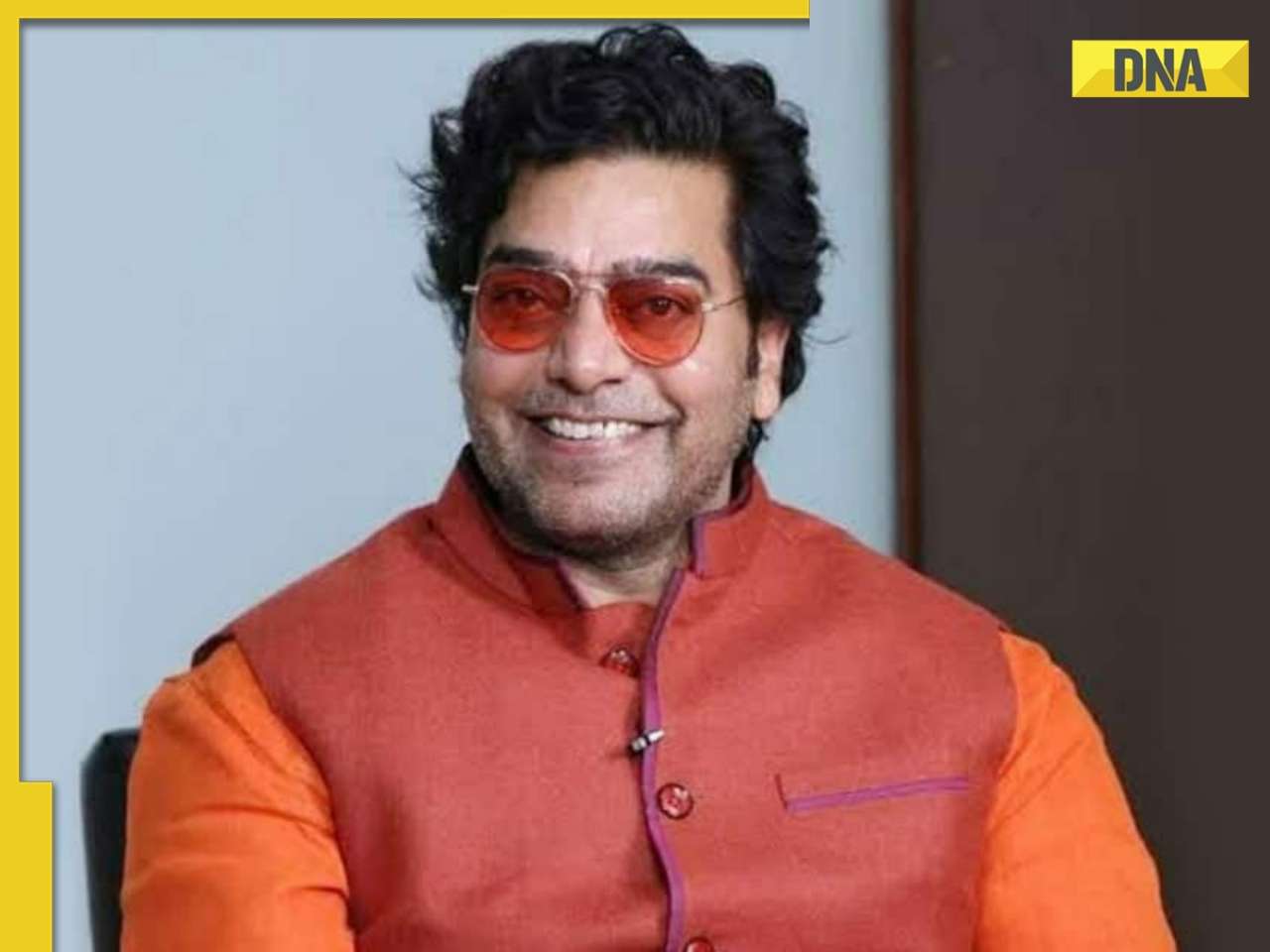
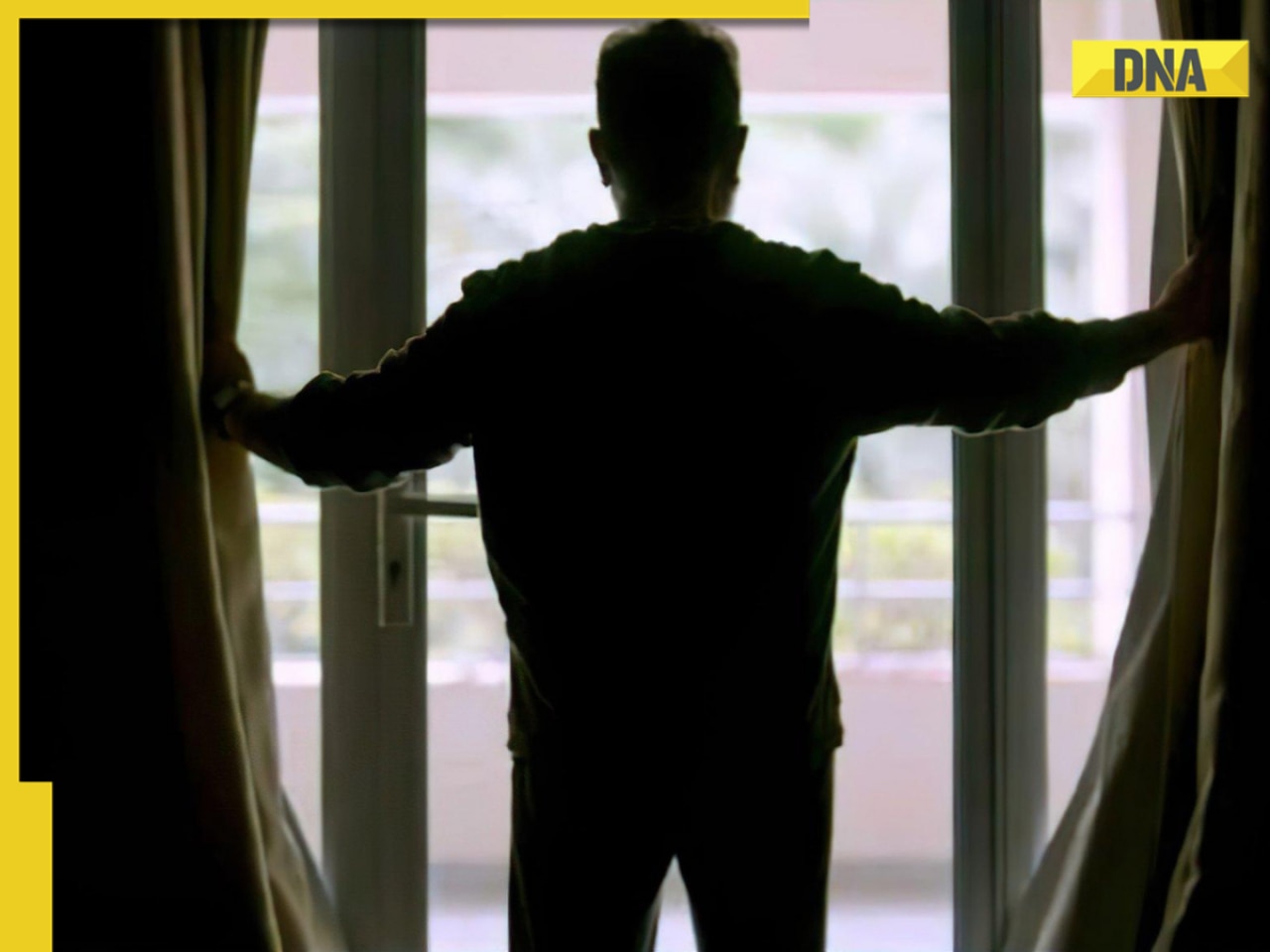
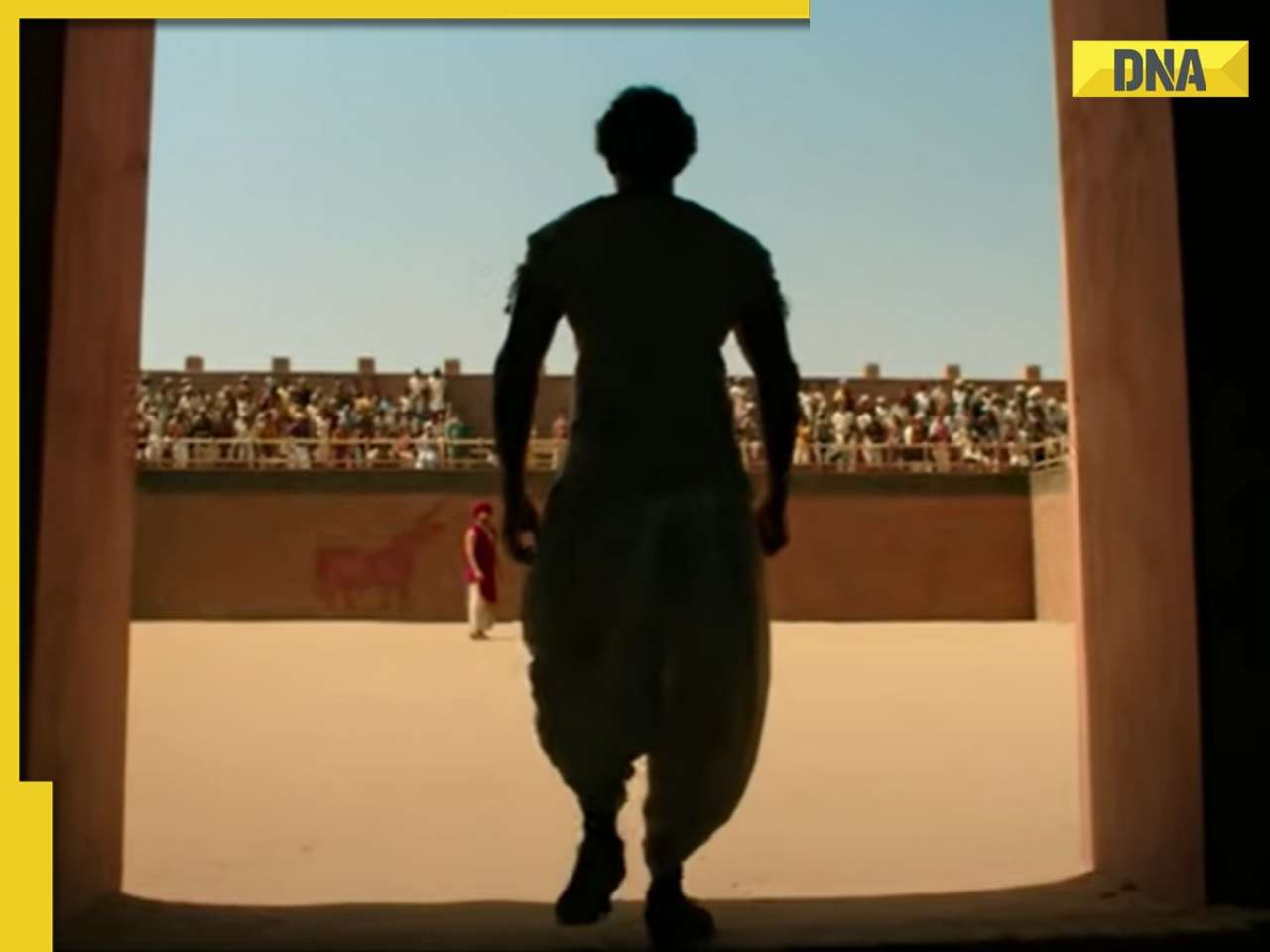




















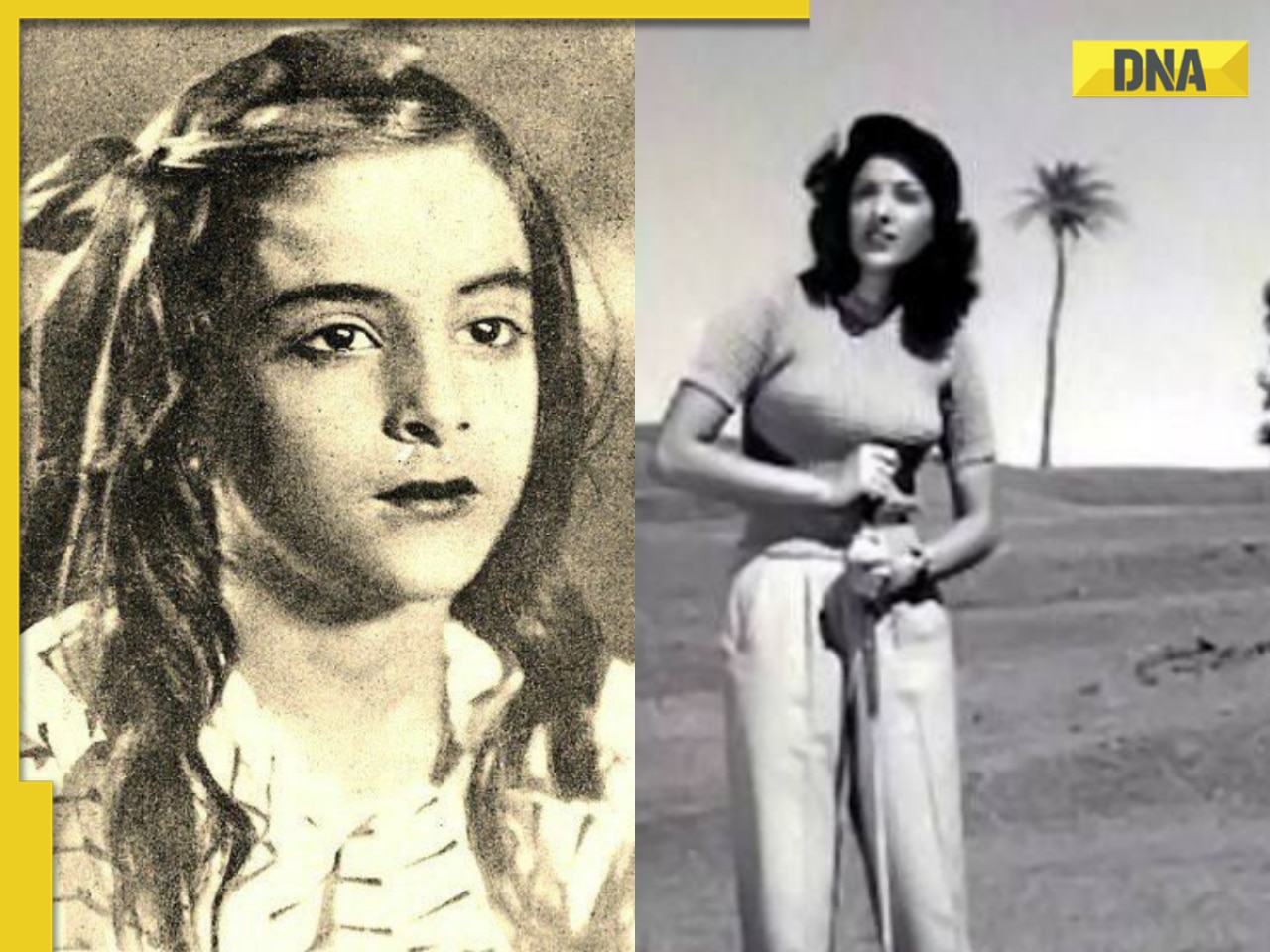








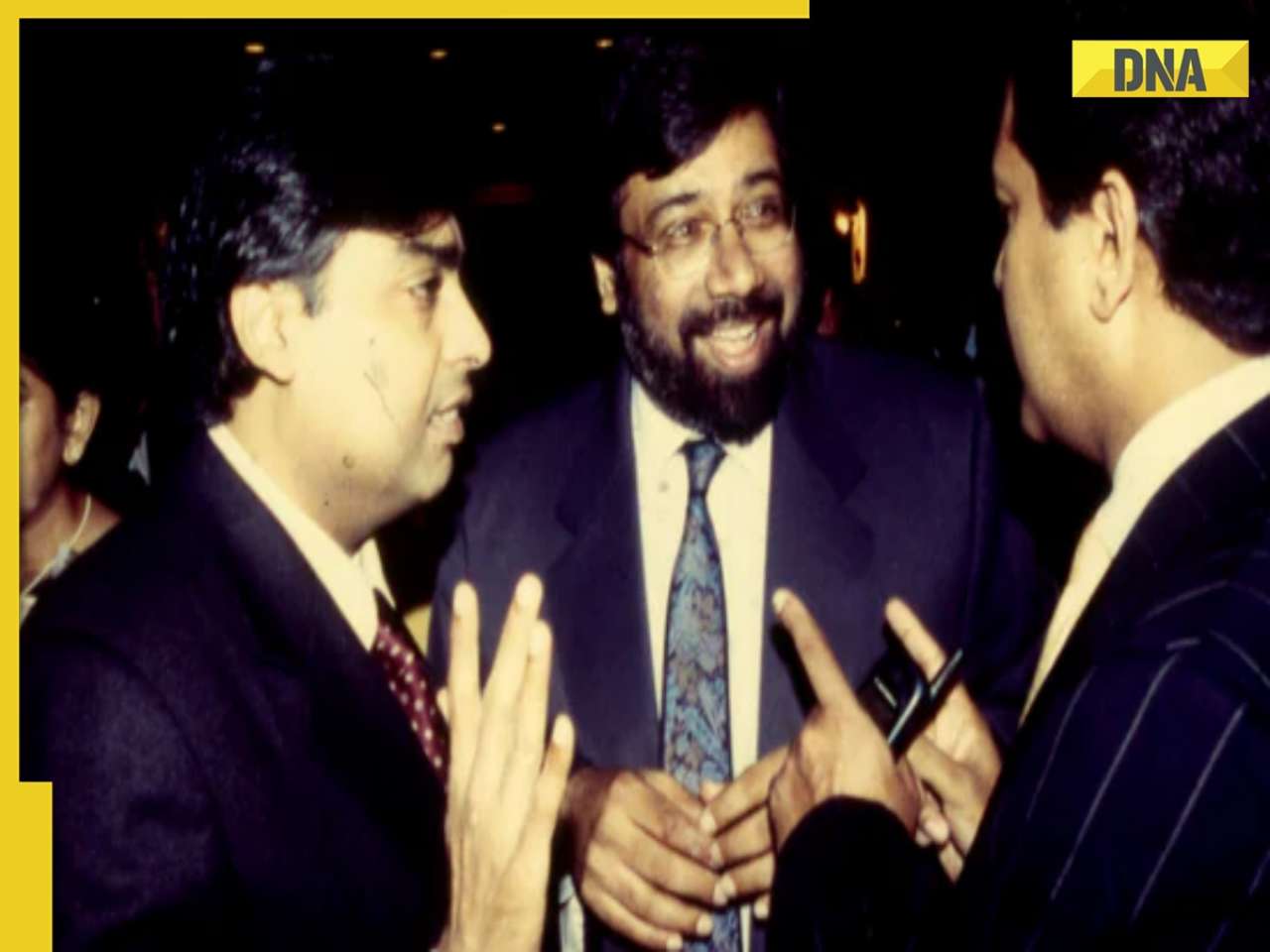








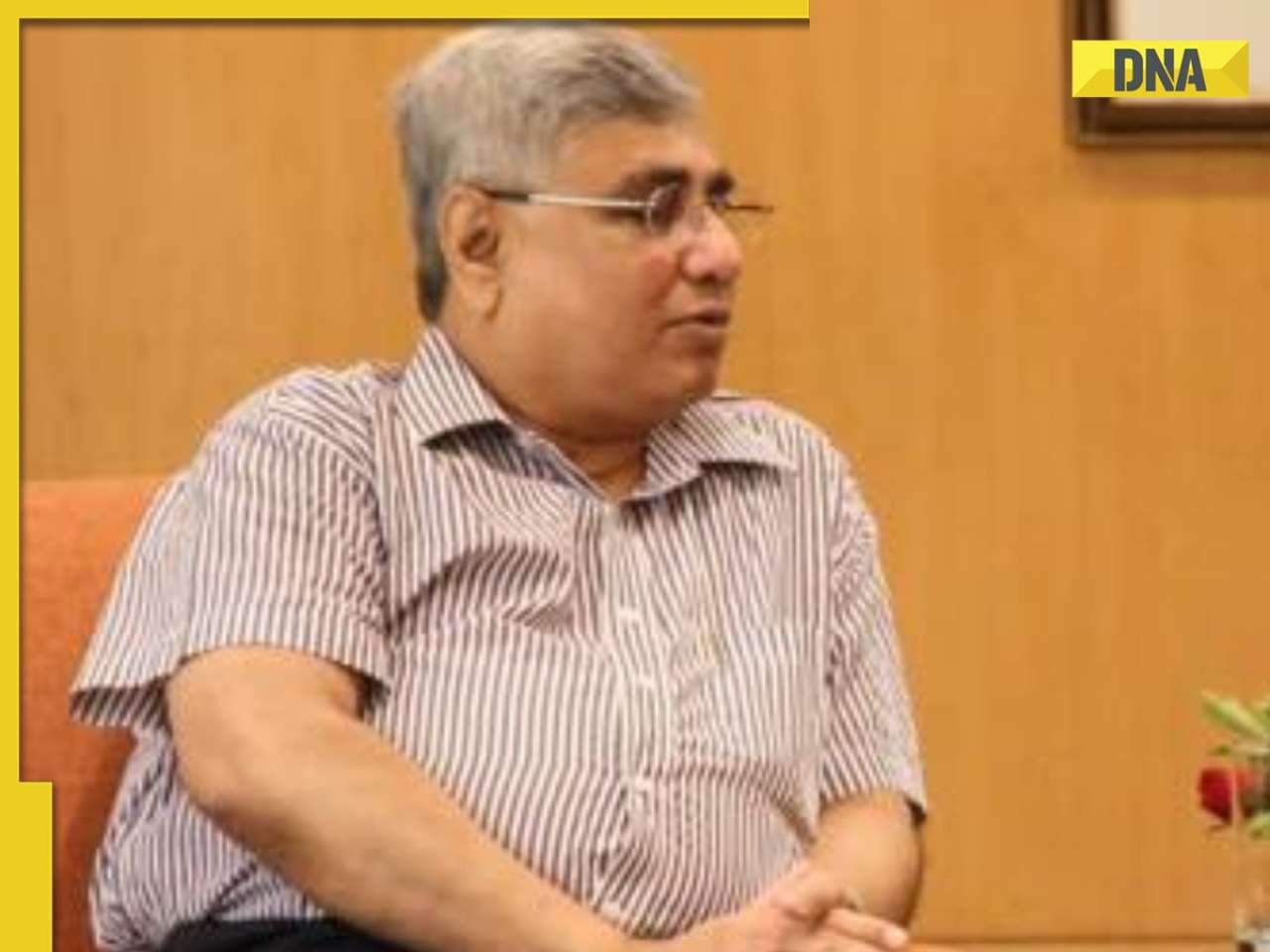











)
)
)
)
)
)